There are various paths that agricultural transformation adopts. Some of the theoretically celebrated paths are the English path, the Prussian path, the American path, the German experience. The Roman experience, etc. Theoretically the topic is debated sufficiently and in each line of the argument empirical studies were carried out. But the epistemic underpinnings of the arguments remain obscure for the readers at large because invariably all contender deal with them implicitly. Further it is often surmised in the received literatures of tribal agricultural transformation that non-economic factors always dominate, shape and determine the modus operandi of economic variables. The present study: (i) clearly highlights the epistemic reasons adhering to a particular method to study agricultural transformation and thereby it analyses the issue with a clear philosophical approach; (ii) shows that under the vent of globalization market forces are capable to release the economic variables to operate as per market principles and therefore they confer freedom particularly to labour though developing the labour market. Based on a large survey of 277 tribal households of West Kameng District f Arunachal Pradesh the study has a wider relevance in terms of application to different areas of tribal concentration in the north-east in particular and the country as a whole.
Agricultural Transport in North-East India
In stock
Free & Quick Delivery Worldwide
reviews
Bibliographic information
Title
Agricultural Transport in North-East India
Author
Edition
1st ed.
Publisher
Mittal Publications, 2006
ISBN
8183241417
Length
xxxii+140p.
Subjects

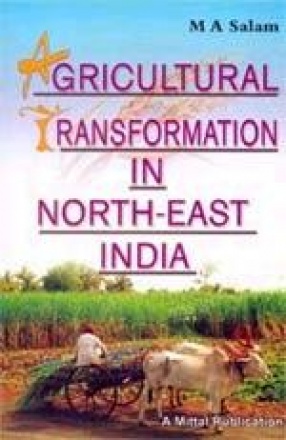
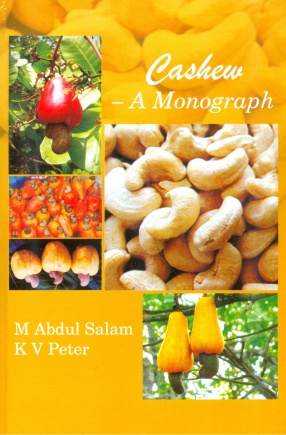
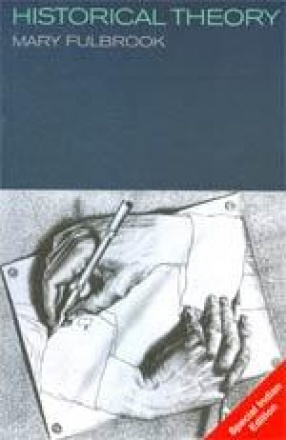
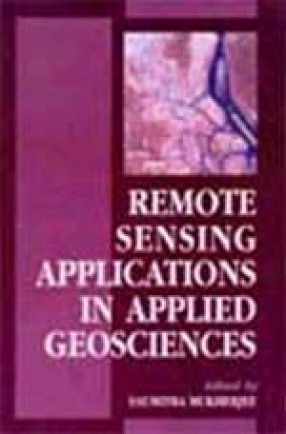
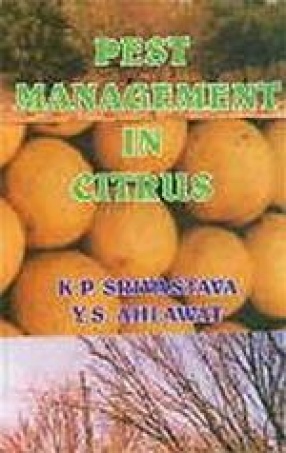
There are no reviews yet.